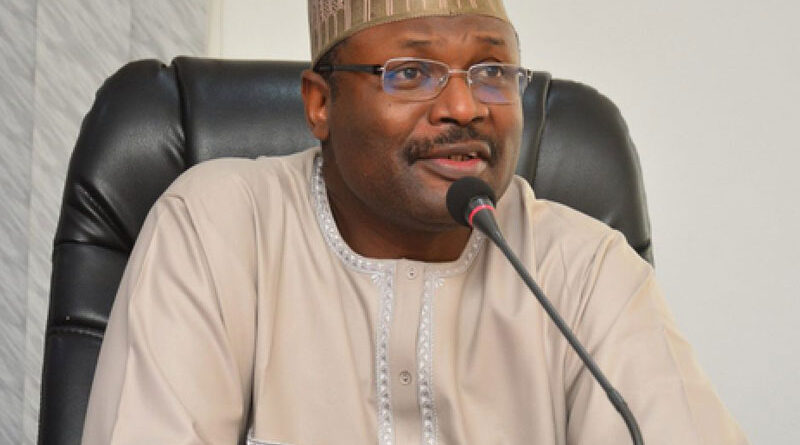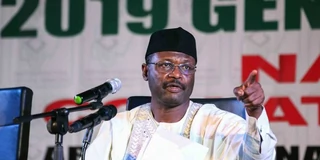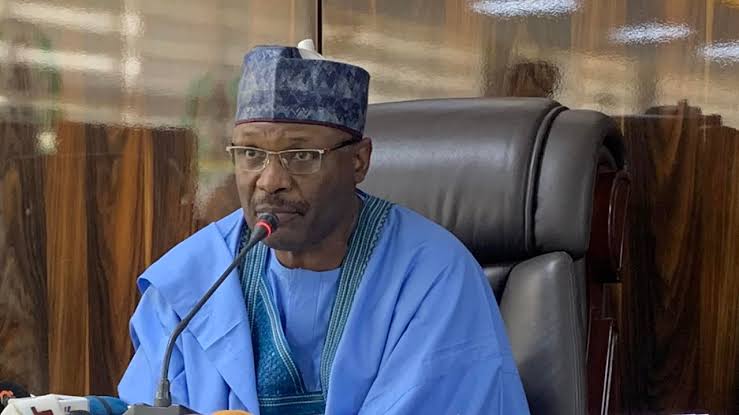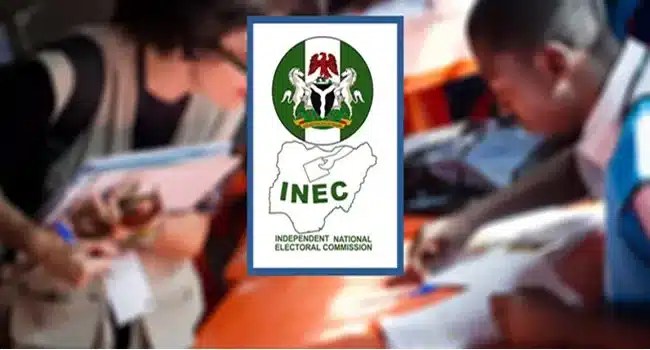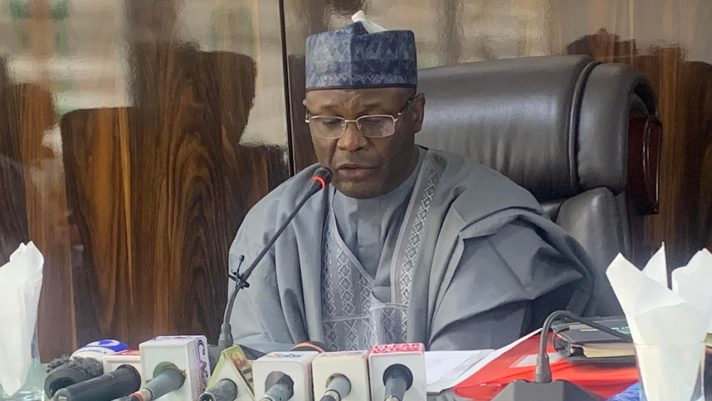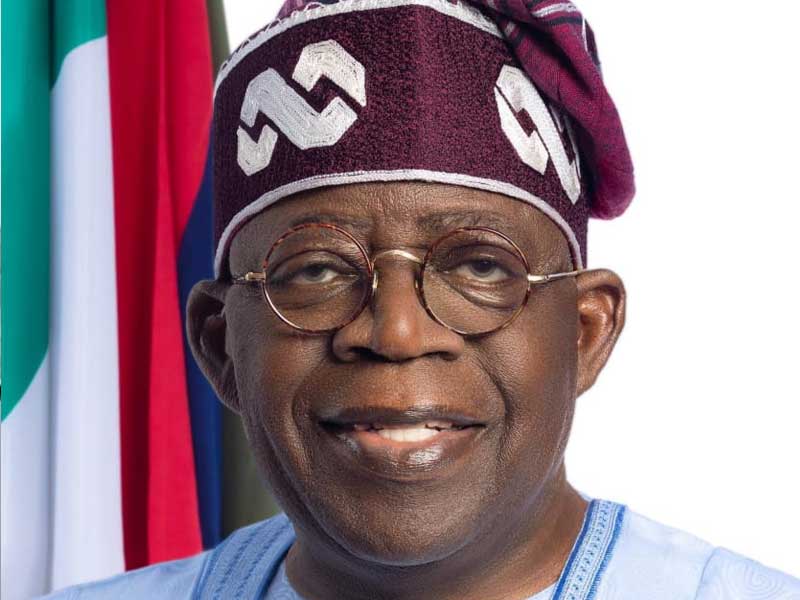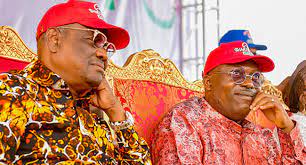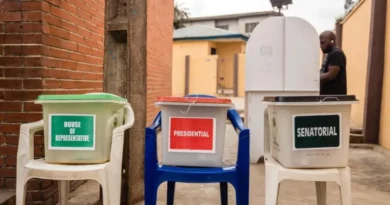INEC announces dates for Ekiti and Osun governorship elections
The Independent National Electoral Commission (INEC) has officially set the dates for the upcoming governorship elections in Ekiti and Osun states, confirming that the Ekiti election will hold on Saturday, June 20, 2026, while the Osun election is scheduled for Saturday, August 8, 2026. This announcement marks a critical step in Nigeria’s electoral calendar as preparations ramp up for these important polls.
INEC Chairman, Prof. Mahmood Yakubu, detailed the election timeline during a recent briefing. According to him, political parties will conduct their primaries ahead of the elections, for Ekiti State, between October 20 and November 10, 2025, and for Osun State, from November 24 to December 15, 2025. Following the primaries, political parties must upload their nomination forms by 6pm on December 22, 2025, for Ekiti and by 6pm on February 9, 2026, for Osun.
The final list of candidates for Ekiti will be published on January 18, 2026, with campaigns officially kicking off three days later on January 21 and concluding 24 hours before the election day. Similarly, in Osun, the list of candidates will be released on March 9, 2026, and political campaigns will run from March 11 until the day before the August 8 election.
Prof. Yakubu emphasized the commission’s commitment to adhering strictly to the legal frameworks guiding elections in Nigeria. “In line with the requirements of the law, the commission is under legal obligation to publish notices for major elections not later than 360 days before the date fixed for the election,” he stated.
The Chairman also noted that the previous governorship elections in these states were conducted in mid-2022, and the current governors’ four-year terms will conclude in 2026, necessitating timely elections to ensure smooth transitions.
Beyond the governorship schedules, INEC is finalizing arrangements for a series of bye-elections across the country, aimed at filling vacant seats in the National and State Houses of Assembly. Prof. Yakubu acknowledged public concerns about delays in these elections and the resumption of Continuous Voter Registration (CVR). He reassured Nigerians that preparations are near completion and announcements will be made soon. Currently, there are 17 pending bye-elections awaiting scheduling.
In a related administrative move, INEC has redeployed several Resident Electoral Commissioners (RECs) to new states to bolster electoral management efforts ahead of the 2026 elections. Among those reassigned are Sa’ad Idris to Gombe, Johnson Sinikiem to Cross River, Feyijimi Ibiyemi to Ogun, Mukhtar Gajiram to Taraba, Chukwuemeka Ibeziako to Abia, and Umar Garba to Sokoto.
Prof. Yakubu commended the six new RECs recently sworn in, highlighting their cumulative experience in election administration as vital for the challenging duties ahead. “The conduct of elections is not only a huge responsibility but also a sacred duty,” he said, urging the RECs to always act with integrity, in line with electoral laws, and to remain accountable for their actions.
He further reminded the commissioners that routine redeployments are necessary and that they must engage transparently with stakeholders, welcome constructive criticism, and strictly follow the commission’s code of conduct. “We will hold you accountable for your actions and inactions,” he warned, emphasizing that the commission will not tolerate any misconduct or defiance.
The full timetables for the Ekiti and Osun governorship elections, as well as updates on bye-elections and voter registration activities, have been made available on INEC’s official website and social media platforms to guide political parties, candidates, and voters.
As Nigeria approaches these crucial polls, INEC’s proactive steps aim to ensure free, fair, and credible elections, while also reinforcing trust in the country’s democratic processes.

